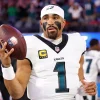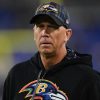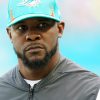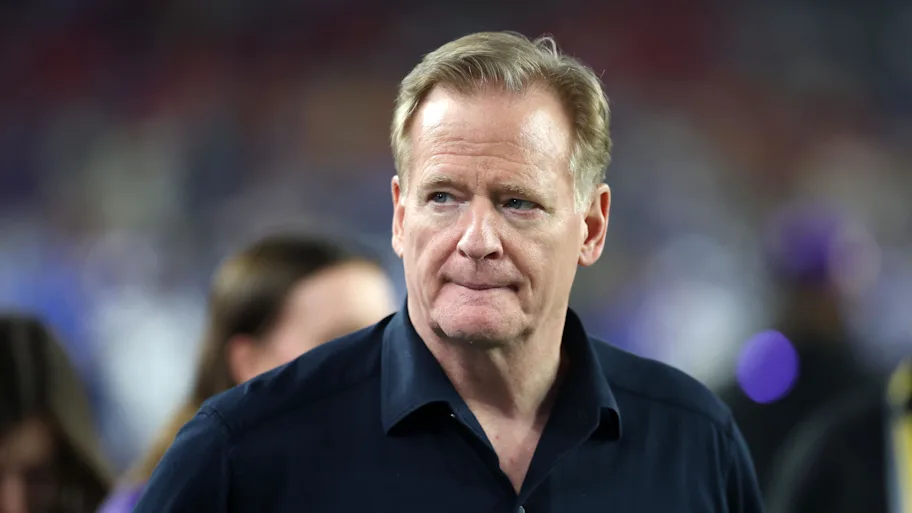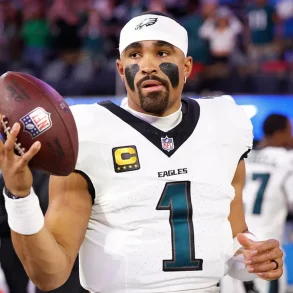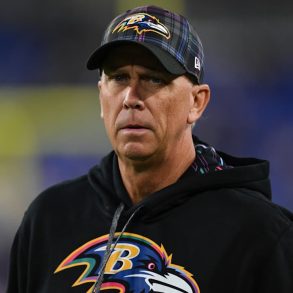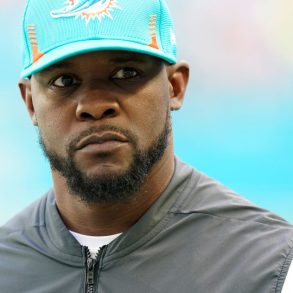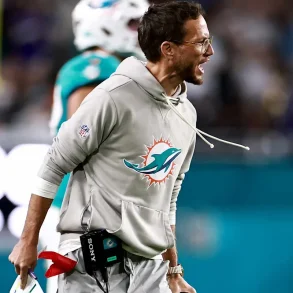Roger Goodell was born on February 19, 1959, in Jamestown, New York, into a politically prominent family. His father, Charles Ellsworth Goodell, was a U.S. congressman and later a senator. Goodell attended Washington and Jefferson College in Pennsylvania, where he earned a degree in economics in 1981.
Shortly after, he began his career in sports management as an intern at the NFL’s headquarters in New York City, with a brief stint at the New York Jets before returning to the league in 1984.
Goodell steadily advanced within the NFL’s administrative ranks, working in various departments, including public relations. By 2001, he was named executive vice president and chief operating officer, essentially acting as the right-hand man to then-commissioner Paul Tagliabue.
In this role, he was heavily involved in key business operations such as stadium development, league expansion, and negotiating lucrative television contracts. His leadership and experience positioned him as the natural successor when Tagliabue retired in 2006.
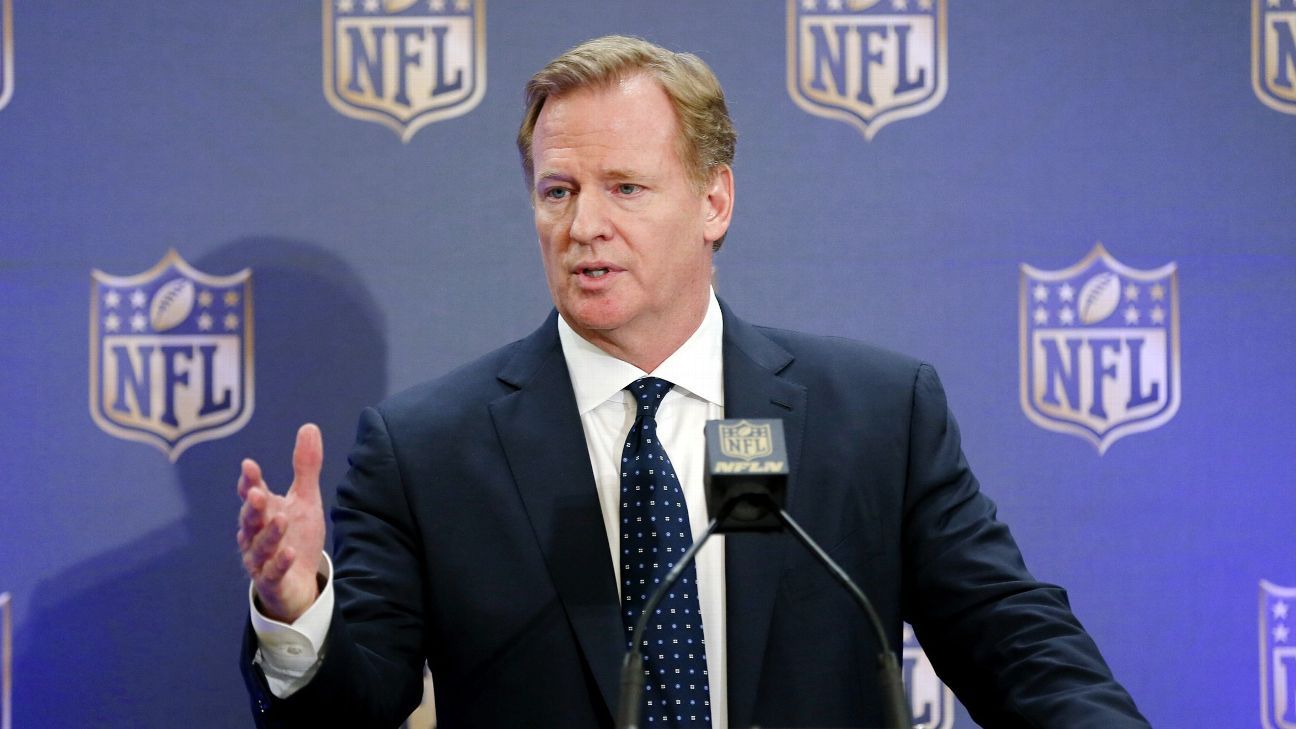
Roger Goodell’s Disciplinary Policies and High-Profile NFL Controversies
Upon assuming the role of NFL commissioner in 2006, Goodell prioritized “protecting the shield,” a term referring to safeguarding the league’s integrity. One of his earliest major initiatives was implementing a personal conduct policy in 2007, aimed at disciplining players involved in legal or behavioral misconduct. While initially praised, the policy soon faced criticism for its perceived inconsistency and heavy-handedness in determining punishments for players.
Goodell’s disciplinary decisions often sparked controversy. In 2014, Baltimore Ravens player Ray Rice was given a two-game suspension for assaulting his girlfriend, a punishment widely seen as too lenient. After leaked footage of the incident surfaced, Goodell extended the suspension indefinitely, leading to accusations that he was reacting to public backlash rather than upholding a consistent policy.
Another major controversy was “Deflategate” in 2015, involving the New England Patriots and quarterback Tom Brady. Goodell initially suspended Brady for four games for his alleged role in deflating footballs but faced legal challenges, and a federal judge later overturned the suspension, citing an overreach of power.
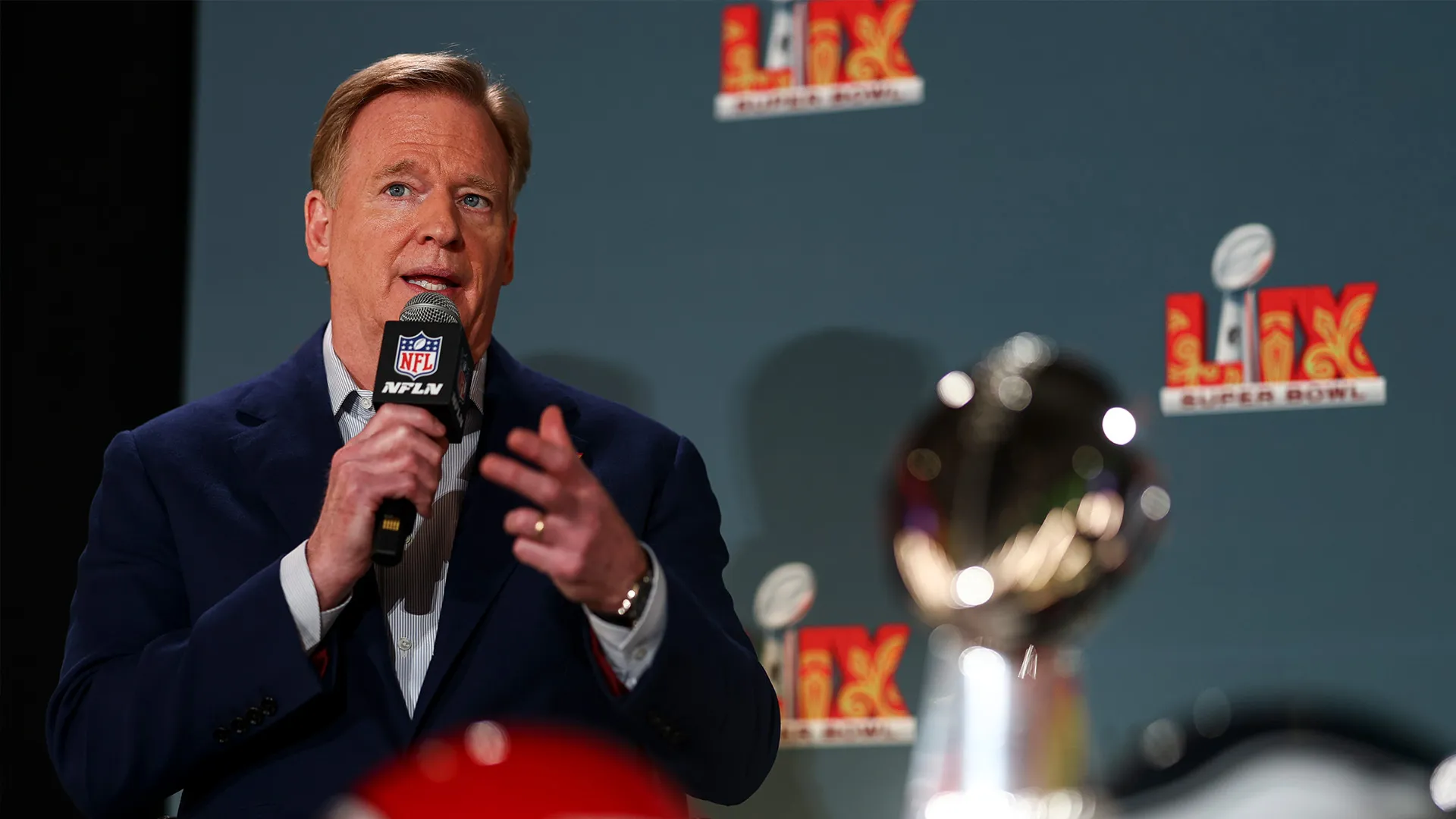
Roger Goodell’s Response to Player Safety and League Controversies
During Goodell’s tenure, the NFL faced increasing scrutiny over player safety, particularly regarding concussions and chronic traumatic encephalopathy (CTE). Research linked repeated head injuries in football to severe long-term health effects, and the league was criticized for downplaying these risks.
In 2013, the NFL settled a $765 million lawsuit with thousands of former players over concussion-related health issues. To address safety concerns, Goodell led efforts to introduce rule changes, including stricter penalties for hits on defenseless players, in an attempt to reduce head injuries.NFL\
Goodell’s tenure as NFL commissioner has been marked by both financial successes and significant controversies. Under his leadership, the league has expanded its revenue streams through television deals, global marketing, and new franchise developments. However, his handling of disciplinary matters and player safety concerns has been heavily scrutinized. Despite ongoing criticism, Goodell remains a powerful figure in professional sports, shaping the NFL’s policies and its response to modern challenges.
